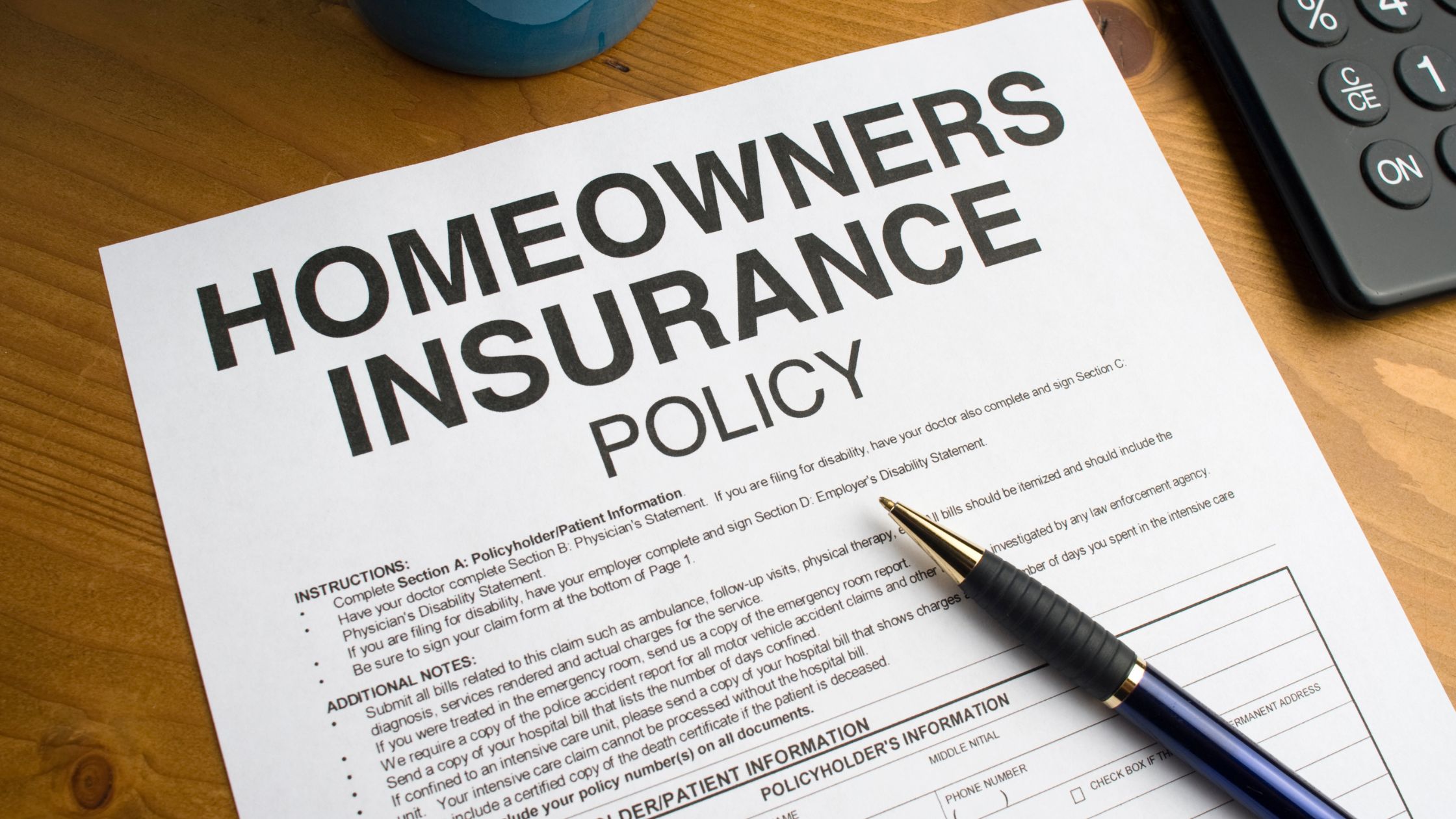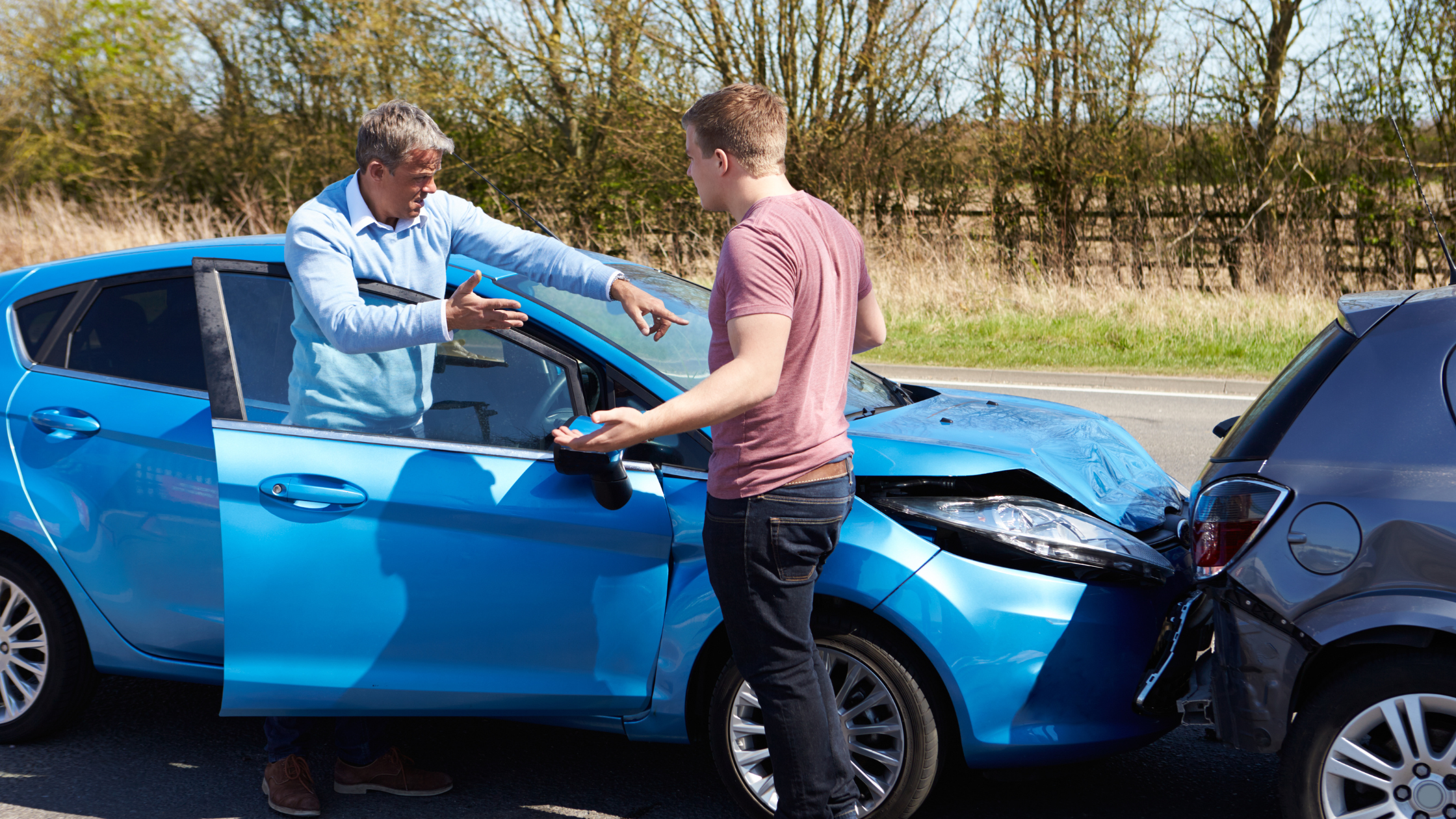Introduction:
After a car accident, you might receive a settlement offer from the insurance company. While it can be tempting to accept the first offer to quickly resolve the matter, it’s important to understand whether this offer is fair. This guide will help you decide whether to take the first car accident settlement offer or negotiate for a better one.
1. Understanding the Initial Settlement Offer
The first settlement offer is usually a starting point. Here’s why it’s often lower than what you might expect:
- Cost Control: Insurance companies aim to minimize their payout costs. The initial offer is typically on the lower side to save money.
- Quick Resolution: They hope you’ll accept the first offer quickly, avoiding lengthy negotiations or potential legal actions.
2. Evaluating the Offer
Before accepting any offer, evaluate whether it adequately covers all your damages:
- Medical Expenses: Ensure the offer includes all medical bills, from emergency care to ongoing treatment and rehabilitation.
- Lost Wages: If the accident caused you to miss work, the offer should compensate for your lost income.
- Property Damage: The settlement should cover repairing or replacing your vehicle and any other damaged property.
- Pain and Suffering: Consider whether the offer accounts for physical pain, emotional distress, and any long-term impact on your quality of life.
3. Consulting with a Personal Injury Attorney
Having an attorney review the offer can provide valuable insights:
- Expert Advice: An attorney can assess whether the offer is fair based on the specifics of your case.
- Negotiation: Attorneys are skilled negotiators who can help you seek a higher settlement.
- Legal Representation: They provide legal advice and representation, helping you navigate the claims process effectively.
4. Gathering Necessary Documentation
To support your claim and negotiate a better offer, gather all relevant documentation:
- Medical Records: Keep detailed records of all medical treatments, bills, and ongoing care.
- Accident Reports: Include police reports and any other official accident documentation.
- Repair Estimates: Obtain estimates for vehicle repairs or proof of replacement costs.
- Proof of Income: Provide evidence of lost wages, such as pay stubs or a letter from your employer.
5. Making a Counteroffer
If the initial offer is too low, you can make a counteroffer:
- Present Evidence: Use your gathered documentation to justify a higher settlement amount.
- Be Realistic: Set a reasonable counteroffer based on your incurred costs and damages.
- Communicate Clearly: Explain why the initial offer is insufficient and what amount you believe is fair.
6. Understanding the Negotiation Process
The negotiation process can involve several rounds of offers and counteroffers. Here’s what to expect:
- Back-and-Forth: Both parties will exchange offers until they reach an agreement or decide to move to the next steps.
- Patience is Key: Negotiations can take time. Patience and persistence are crucial to achieving a fair settlement.
7. Knowing When to Settle
There are times when accepting a settlement is the right choice:
- Fair Offer: If the offer reasonably covers all your damages and future expenses, it might be wise to accept it.
- Urgent Needs: A settlement can provide quick relief if you have immediate financial needs.
- Avoiding Litigation: Settling can avoid the time, expense, and uncertainty of a court case.
8. When to Pursue Further Action
If negotiations don’t lead to a satisfactory settlement, you may need to consider other options:
- Mediation: Involves a neutral third party to help both sides reach an agreement.
- Lawsuit: If necessary, you can file a lawsuit to seek compensation through the court system.
Conclusion: Deciding whether to accept the first offer of a car accident settlement requires careful consideration. Key steps include evaluating the offer, consulting with a personal injury attorney, and understanding the negotiation process. By taking a thoughtful approach, you can ensure you receive a fair settlement that covers all your damages and needs.
FAQs (Frequently Asked Questions) About Car Accident Settlements:
Q1: Should I accept the first settlement offer from the insurance company?
- Reviewing the first settlement offer with an attorney before accepting it is generally advisable. Initial offers are often lower than what you might be entitled to.
Q2: How long does the settlement negotiation process take?
- The timeline can vary widely depending on the case’s complexity and both parties’ willingness to negotiate. It can take anywhere from a few weeks to several months.
Q3: Can I negotiate the settlement amount myself?
- While you can negotiate independently, having an experienced attorney can significantly increase your chances of receiving a fair settlement. Attorneys understand the negotiation process and can effectively advocate for your interests.
Q4: What factors influence the settlement amount?
- Factors include the severity of your injuries, medical expenses, lost wages, property damage, and pain and suffering. The clarity of liability and the strength of your evidence also play a role.
Q5: What if the insurance company refuses to negotiate?
- If the insurance company is unwilling to negotiate, you may need to consider mediation or filing a lawsuit. An attorney can help determine the best course of action based on your situation.
Q6: Will my settlement be taxed?
- Generally, settlements for physical injuries are not taxable. However, portions of the settlement for lost wages or punitive damages may be taxable. Consult with a tax professional for specific advice.
Q7: How can I strengthen my position during negotiations?
- Gather and organize all relevant documentation, including medical records, bills, accident reports, and evidence of lost wages. Presenting a well-documented claim can strengthen your position.
Q8: What role does my insurance adjuster play in the negotiation?
The insurance adjuster plays a crucial role in the negotiation process. They evaluate your claim, make settlement offers, and negotiate with you or your attorney. It’s important to understand that their goal is to settle the claim for the least amount possible, so clearly understanding your damages and a strong negotiation strategy is essential.Q9: Can I still receive compensation if I am partially at fault for the accident?
Yes, you may still receive compensation if you were partially at fault. The amount may be reduced based on your percentage of fault, but you are still entitled to compensation. This is comparative negligence.Q10: What should I do if I’m unsatisfied with the final settlement offer?
- If unsatisfied with the final offer, you can reject it and consider further legal action, such as mediation or a lawsuit. Consult with your attorney to determine the best next steps.
For more detailed information, visit the original article on Reiner, Slaughter & Frankel’s website.
Related Links:
- Mastering Wildfire Damage Claims: How to File and Maximize Your Insurance Claim
- Should You Report an Accident to Your Insurance If It Wasn’t Your Fault?
- What to Do If Your Car Accident Claim Is Denied by an Insurance Company
- Does California Homeowners Insurance Cover Wildfires?
- Average Timeframes for Personal Injury Case Settlements
- How Insurance Companies Negotiate Settlements: A Simple Guide










